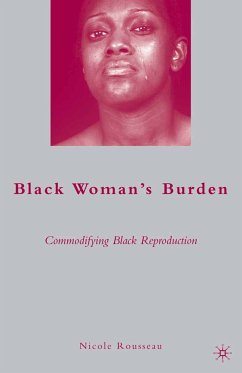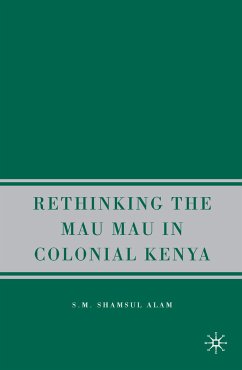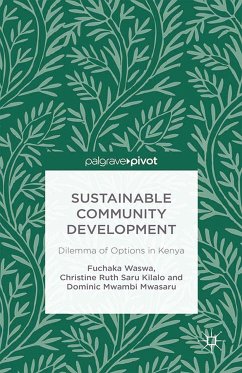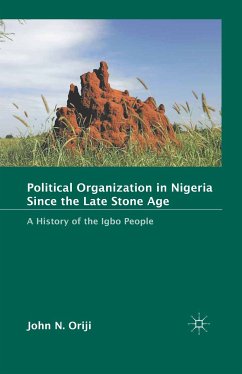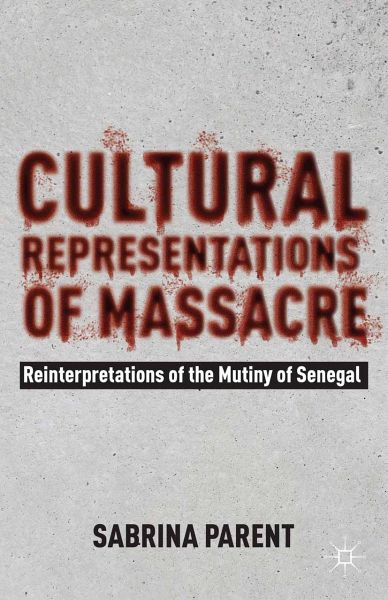
Cultural Representations of Massacre (eBook, PDF)
Reinterpretations of the Mutiny of Senegal
Versandkostenfrei!
Sofort per Download lieferbar
40,95 €
inkl. MwSt.
Weitere Ausgaben:

PAYBACK Punkte
20 °P sammeln!
In this book, Parent puts together a history of representations of the 1944 mutiny in Senegal. Combining firsthand analysis of the works and their intertextual interactions as well an external perspective, Parent engages with history, literature, film, poetics, and politics and highlights the importance of remembering the past.
Dieser Download kann aus rechtlichen Gründen nur mit Rechnungsadresse in A, B, BG, CY, CZ, D, DK, EW, E, FIN, F, GR, HR, H, IRL, I, LT, L, LR, M, NL, PL, P, R, S, SLO, SK ausgeliefert werden.







